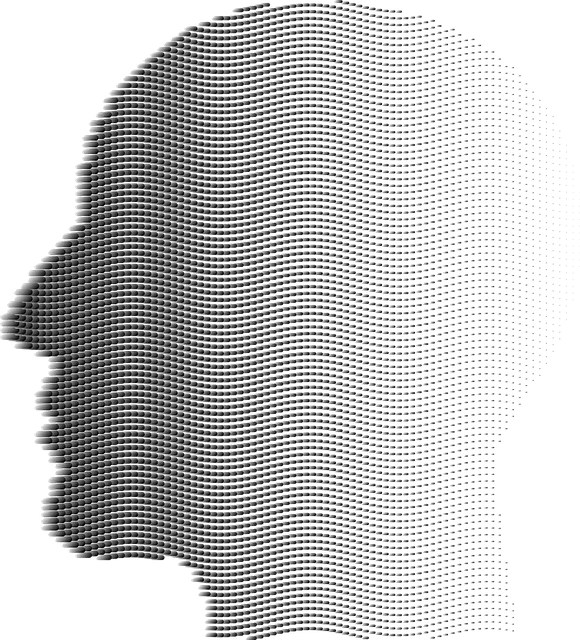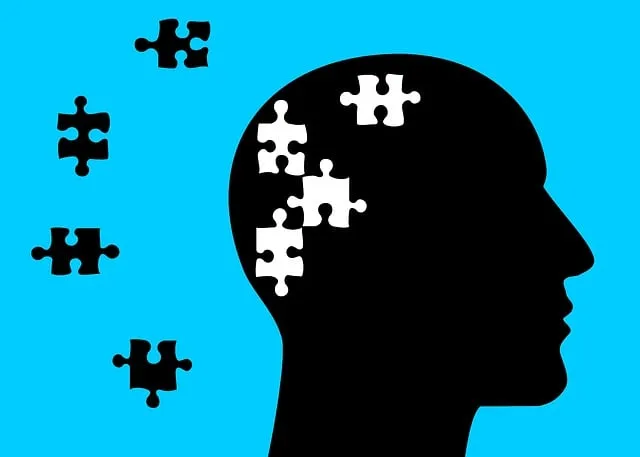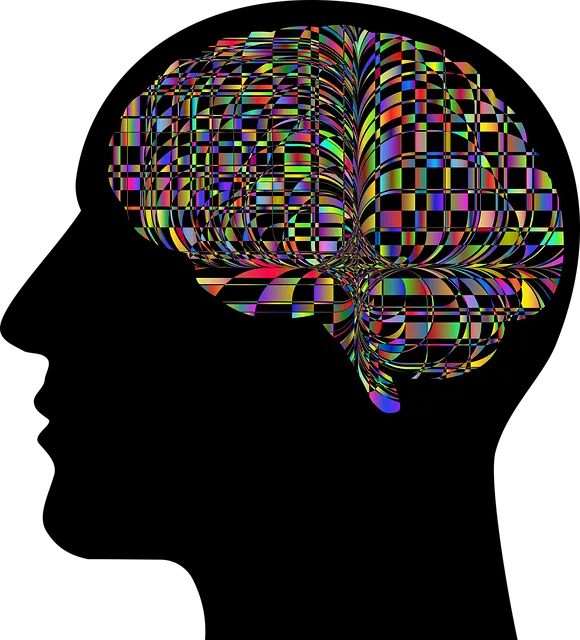The current mental illness diagnosis process faces significant challenges due to overlapping symptoms, cultural diversity, and a lack of consideration for social and environmental factors. These issues can lead to misdiagnosis and delayed treatment, with severe consequences. The Kaiser Permanente behavioral health phone number Broomfield addresses these problems by offering guidance, second opinions, and culturally sensitive initiatives like the Inner Strength Development program and mental wellness podcasts. Enhancing diagnostic skills, promoting mental health awareness, and implementing burnout prevention strategies for healthcare providers are crucial steps to improve care and ensure accurate, compassionate treatment.
Mental illness diagnosis accuracy is a critical aspect of healthcare that has seen significant efforts for improvement. Misdiagnoses can lead to prolonged suffering and ineffective treatment plans. This article delves into the current challenges, exploring common misdiagnoses, gaps in assessment methods, and limitations of traditional tools. We present innovative approaches, including the role of technology, integrated care models, and training programs for healthcare providers. A case study on Kaiser Permanente Behavioral Health Phone Number Broomfield highlights successful initiatives that have led to improved diagnosis accuracy through comprehensive, patient-centered care.
- Assessing the Current State: Challenges in Mental Illness Diagnosis
- – Discuss common misdiagnoses and their impact
- – Highlight gaps in current assessment methods
Assessing the Current State: Challenges in Mental Illness Diagnosis

The current state of mental illness diagnosis faces significant challenges, impacting the quality and accessibility of care. One major hurdle is the complexity of symptoms, which often overlap across various disorders, making accurate identification a delicate task. This intricate web of manifestations requires professionals to carefully navigate and differentiate between conditions like anxiety, depression, or more complex cases such as bipolar disorder.
Additionally, cultural sensitivity in mental healthcare practice plays a pivotal role. Different cultural backgrounds can influence how individuals express and perceive their mental health experiences, presenting unique challenges for diagnosers. For instance, a patient’s symptoms might be attributed to cultural norms or beliefs, which could lead to misdiagnosis or a delay in receiving appropriate treatment. The Kaiser Permanente behavioral health phone number Broomfield serves as a valuable resource, offering guidance and support to those seeking clarification or a second opinion, emphasizing the ongoing efforts to enhance diagnosis accuracy through diverse initiatives, including the Inner Strength Development program and production of mental wellness podcasts that cater to various cultural contexts.
– Discuss common misdiagnoses and their impact

Mental health misdiagnoses can have profound and lasting impacts on individuals’ lives. Often, patients present with symptoms that resemble more than one condition, making accurate diagnosis challenging. For instance, depression and anxiety disorders share many overlapping signs, leading to potential confusion. Misidentifying these conditions can delay appropriate treatment, causing further distress and potentially worsening symptoms. This is particularly concerning in severe cases where co-occurring disorders might be at play.
The consequences of misdiagnosis extend beyond the individual, affecting healthcare systems like Kaiser Permanente Behavioral Health Phone Number Broomfield. Inaccurate initial assessments may lead to inefficient allocation of resources, with patients undergoing unnecessary procedures or treatments. This not only wastes valuable time and money but also increases patient stress and dissatisfaction. Addressing these issues is crucial for improving mental health care, which can be achieved through initiatives focused on enhancing diagnostic skills, fostering mental health awareness, and implementing burnout prevention strategies for healthcare providers to ensure compassionate and precise care.
– Highlight gaps in current assessment methods

The current assessment methods for mental illness often fall short in capturing the nuances and complexity of individual experiences. One significant gap is the limited ability to assess the impact of social and environmental factors on an individual’s mental health. Many traditional diagnostic tools focus predominantly on symptoms, neglecting the contextual aspects that can greatly influence a person’s well-being. For instance, stressors related to work, family, or financial situations might contribute to mental illness but are not always readily evident through conventional means. This oversight can lead to misdiagnosis or missed opportunities for tailored interventions.
Furthermore, the stigma surrounding mental illness adds another layer of complexity. Many individuals may be reluctant to disclose their struggles due to fear of judgment or discrimination, especially when seeking help from organizations like Kaiser Permanente behavioral health phone number Broomfield. Mental Illness Stigma Reduction Efforts play a crucial role in encouraging open communication and accurate assessments. Stress Management Workshops Organization and Resilience Building initiatives can empower individuals to navigate their mental health journeys while providing practical tools for coping with daily stressors.
Mental illness diagnosis accuracy is a critical aspect of patient care, and addressing the challenges outlined in this article is essential. By leveraging advanced assessment tools and increasing accessibility to resources like the Kaiser Permanente behavioral health phone number Broomfield, we can significantly improve diagnostic precision. Efforts to bridge gaps in current methods, coupled with enhanced training for healthcare professionals, will lead to better outcomes for individuals navigating mental health issues, ultimately fostering a healthier and more supportive community.






